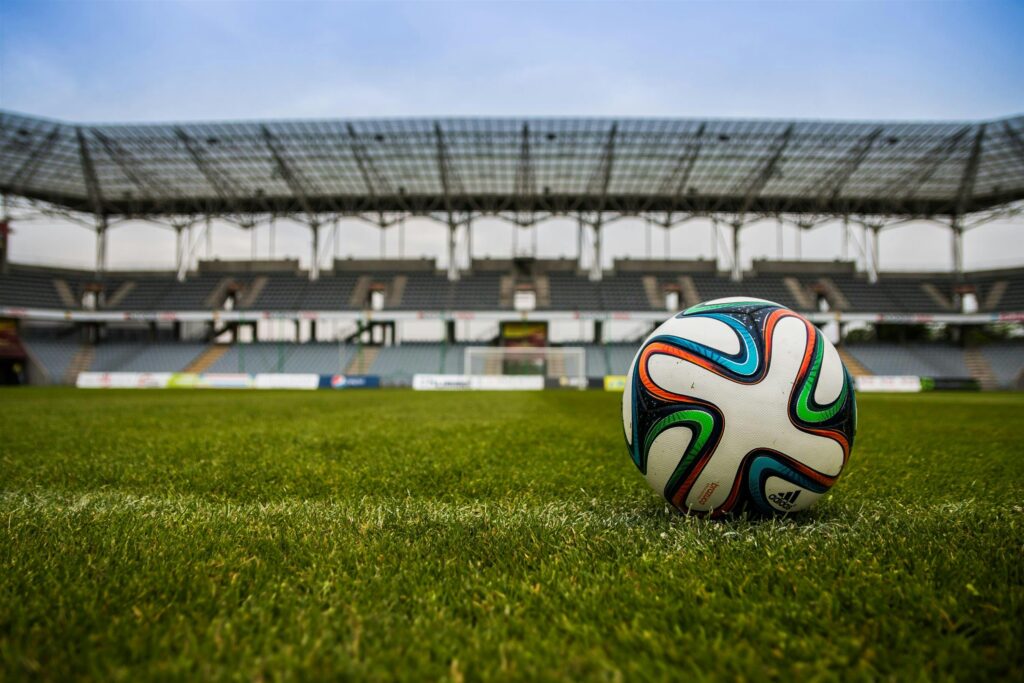The sudden loss of an athlete reverberates beyond the immediate family, deeply affecting teammates, fans, and the broader sports community. In these challenging times, sports organizations play a pivotal role in providing support and solace to grieving families or some are already thinking of funeral plans. This article delves into the various ways these organizations extend their assistance, ensuring that the legacies of fallen athletes endure.
Immediate Emotional and Financial Support
When tragedy strikes, the immediate aftermath can be overwhelming for families. Recognizing this, many sports organizations step in to offer both emotional and financial assistance. For instance, the Major League Baseball Players Association provides life insurance benefits to the families of active members who pass away. This support helps alleviate the financial burdens associated with such unexpected losses.
Similarly, the National Football League (NFL) has protocols in place to address the financial aspects when a player dies under contract. While the specifics can vary, the NFL ensures that certain benefits and compensations are directed to the player’s beneficiaries, providing some financial relief during such distressing times.
Honoring the Athlete’s Legacy
Preserving and honoring the memory of the deceased athlete is a profound way organizations support grieving families. Memorial services, jersey retirements, and moments of silence are customary practices. For example, following the tragic death of Tipperary hurler Dillon Quirke due to Sudden Adult Death Syndrome (SADS) in 2022, his family established the Dillon Quirke Foundation. This organization focuses on screening young athletes for cardiac issues, aiming to prevent similar tragedies in the future. The foundation’s efforts have been instrumental in saving lives and providing comfort to the Quirke family, knowing that Dillon’s legacy contributes to the well-being of others.
Establishing Foundations and Scholarships
In many cases, organizations and families collaborate to set up foundations or scholarships in the athlete’s name. These initiatives serve dual purposes: they honor the athlete’s memory and provide opportunities for others. The Jordan McNair Foundation, for instance, was established after the University of Maryland football player Jordan McNair passed away from heatstroke during practice. The foundation raises awareness about heat-related illnesses and advocates for player safety, ensuring that Jordan’s legacy promotes health and safety in sports.
Similarly, the Nick Adenhart Memorial Fund was created following the untimely death of Los Angeles Angels pitcher Nick Adenhart. This fund provides financial support to youth baseball organizations, helping young athletes pursue their dreams while keeping Adenhart’s passion for the sport alive.
Community Engagement and Support
The sports community often rallies together in the face of tragedy. Fundraisers, tribute games, and community events are organized to support the bereaved families emotionally and financially. After the Humboldt Broncos bus crash in 2018, which claimed the lives of 16 team members, a GoFundMe campaign raised over $15 million to support the victims’ families. This overwhelming response showcased the solidarity and compassion inherent within the sports community.
Mental Health and Counseling Services
Understanding the profound emotional impact of losing a teammate or loved one, sports organizations often provide counseling and mental health services. The Tragedy Assistance Program for Survivors (TAPS), although primarily focused on military families, offers a model of comprehensive support, including grief counseling, peer-based emotional support, and assistance with navigating financial benefits. Sports organizations have begun adopting similar approaches, recognizing the importance of mental health support during such times.
Long-Term Commitment to Families
Beyond immediate assistance, many Surga88 organizations maintain long-term relationships with the families, ensuring continued support. This commitment can include annual memorial events, continuous counseling services, and educational support for the athlete’s children. Such sustained engagement signifies a deep-seated dedication to honoring the athlete’s memory and supporting their loved ones.
The loss of an athlete is a heart-wrenching event that leaves an indelible mark on families, teams, and fans alike. Through financial assistance, legacy preservation, community support, and mental health services, sports organizations strive to provide comprehensive support to grieving families. These efforts not only honor the departed but also strengthen the bonds within the sports community, exemplifying unity and compassion in the face of adversity.









